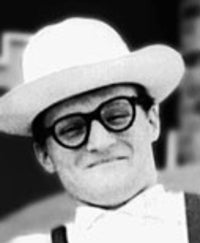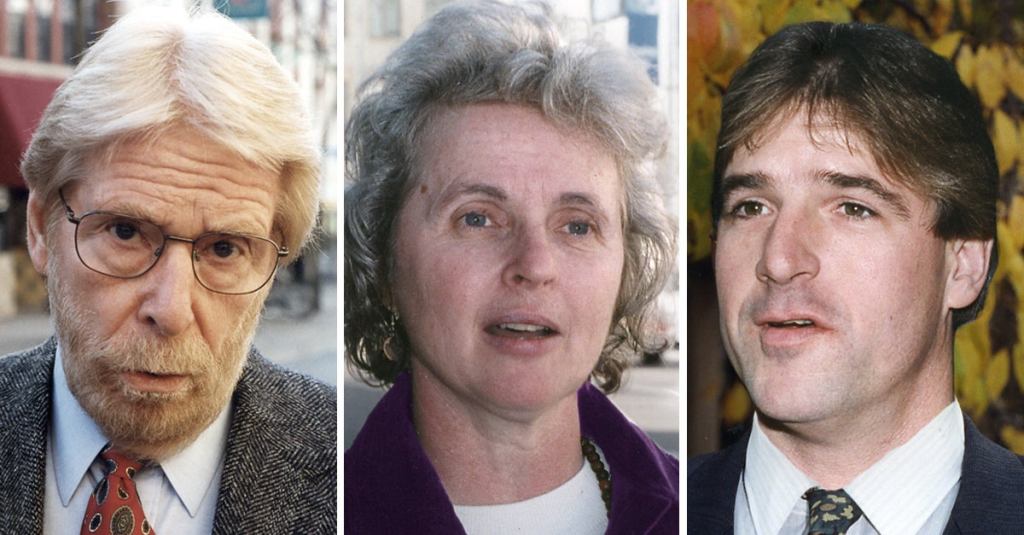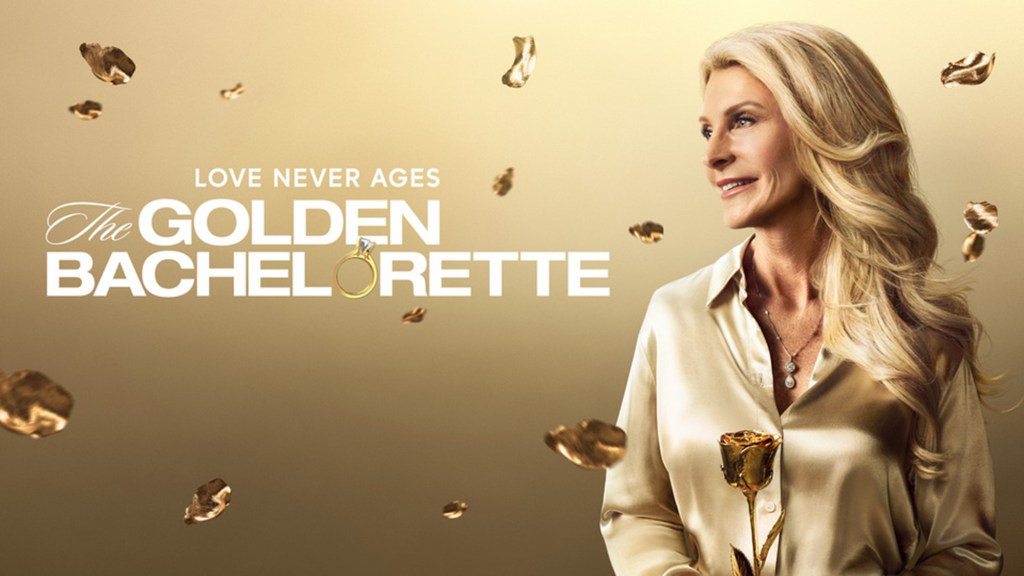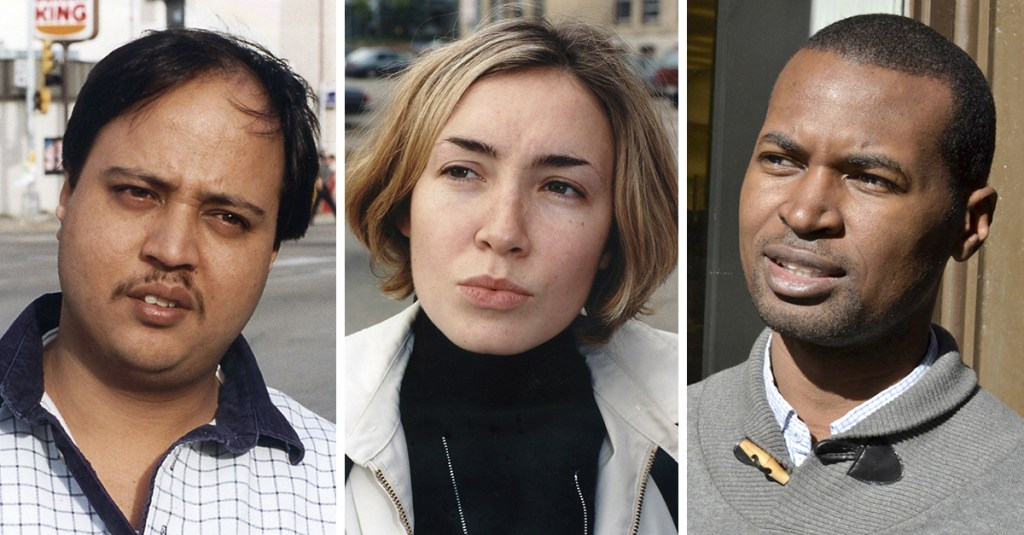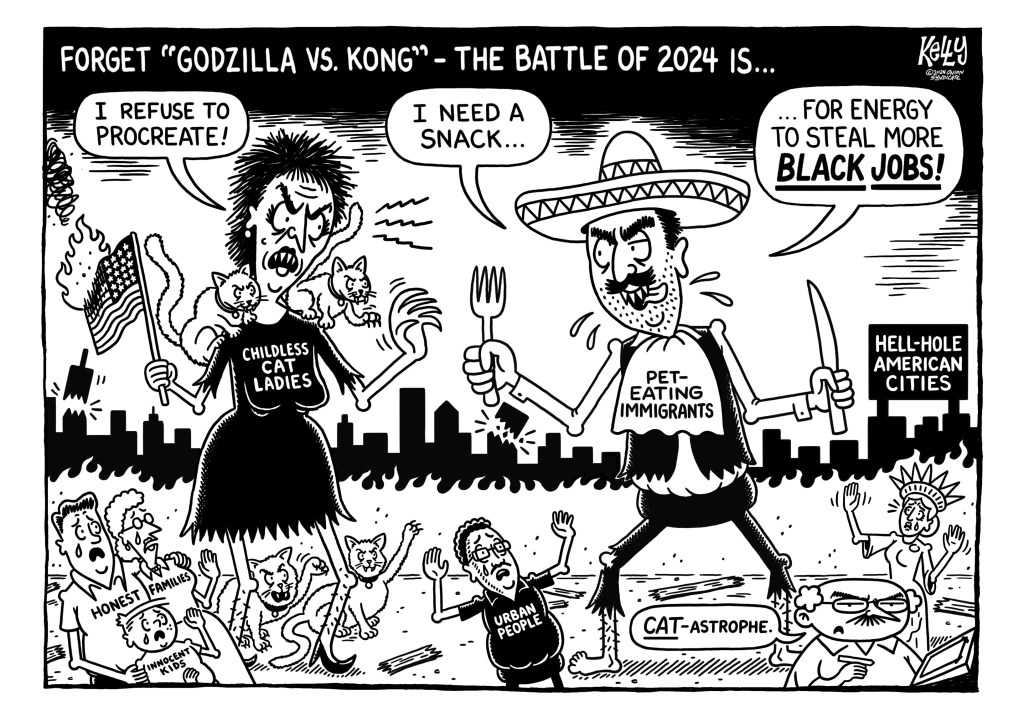My nurse informs me that it is now the autumn-time, which to every red-blooded American boy means the season in which the professional base-ball sporting clubs vie for a berth in the great Championship Series of the World. I predict that the Knickerbockers will give those accursed Red Stockings a sound thrashing. Of course, we can’t count out the great Pie Traynor and his Philadelphia Peglegs.
Nothing is more American than the base-ball matches! I love the excited roar of the teeming crowd, the taste of the braunschweiger sandwiches, and the scent of the wooden bleachers. When I see a group of immigrant boys playing a crude match of rounders in the streets of the village, I feel pride for the assimilating spirit of the sport. I have the constabulary arrest them for vagrancy, but I am proud nonetheless.
Sadly, however, the great base-ball is being threatened by a new amusement called hoop-the-ball. My old nurse used to enjoy listening to the matches upon the small wireless she tried to secret from me in her vast skirts.
This game involves the placement of a large, inflated boar-skin sphere into a peach basket with the bottom cut out of it, which is suspended from a barn roof. Two teams of roughs, clothed in only their union-suits, attempt to wrest the boar-skin from each other’s possession.
It is no wonder that hoop-the-ball, with its primitive objective, appeals to the criminal element. Base-ball consists of complex rules which require a strong intellectual and moral underpinning. But the confusing, unruly way in which the hoop-the-ball teams mill about the playing field only underscores the sport’s moral and cerebral weakness.
What’s more, the hoop-the-ball teams seem more interested in selling their crude footwear to the public than in engaging in their lowly recreation.
If our base-ball players were to follow such an example, they might end up demanding to have their own personal galvanized steel buckets for tobacco-spitting, and perhaps even their names and likenesses printed on small cardboard lithographs which accompany samples of chewing gum. Don’t say you weren’t warned, base-ball owners!
T. Herman Zweibel, the great grandson of Onion founder Friedrich Siegfried Zweibel, was born in 1868, became editor of The Onion at age 20, and persisted in various editorial posts until his launching into space in 2001. Zweibel’s name became synonymous with American business success in the 20th century. Many consider him the “Father Of American Journalism,” also the title of his well-known 1943 biography, written by Norman Rombauer.


